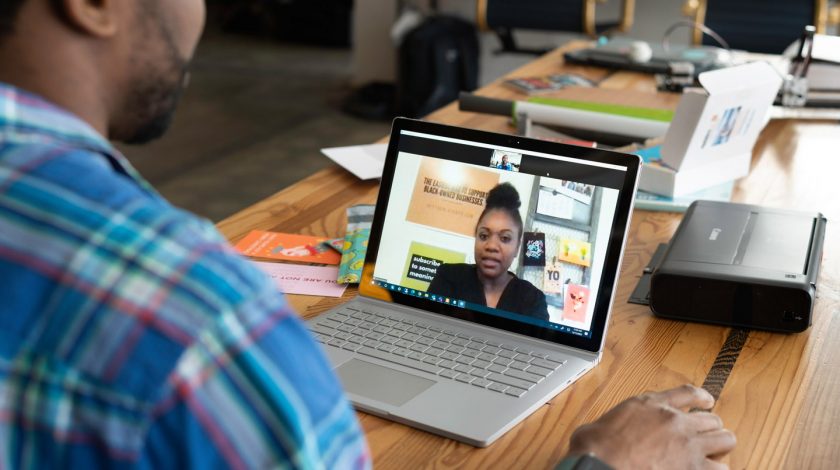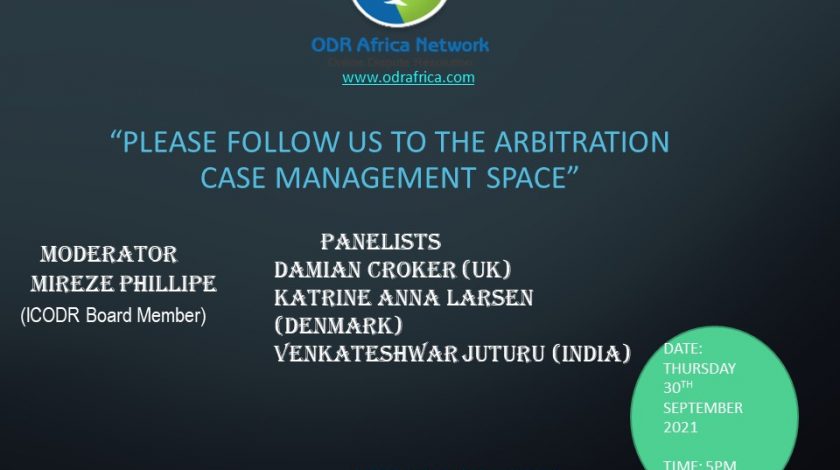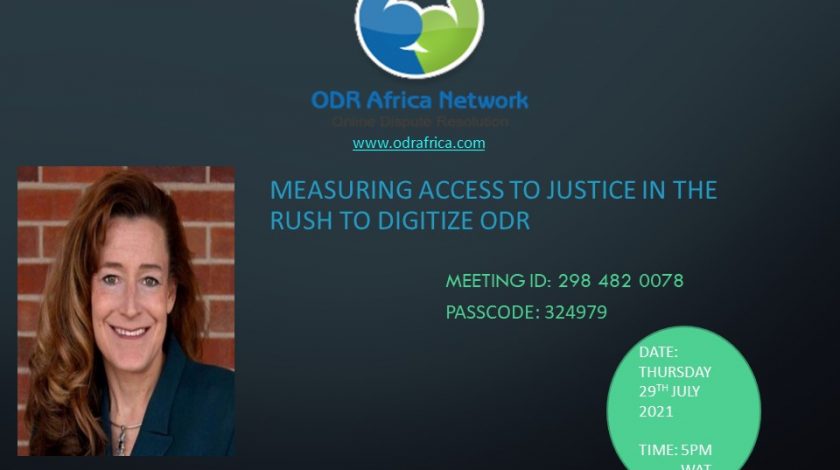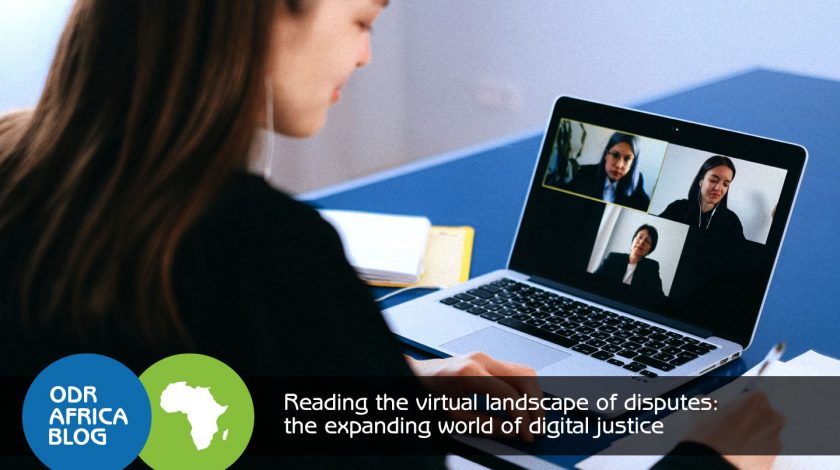Online Dispute Resolution: A Primer
Online Dispute Resolution (ODR) is not a new concept and has received significant scholarly attention. Nevertheless, there is still serious confusion over what ODR even means. As a recent scholar noted: “The phrase ODR is too broad to be useful.” For ODR to be properly utilized, more clarity is needed to help practitioners understand the scope, benefits, and drawbacks of ODR. This post is the first in a new series seeking to shed necessary light on ODR. In its original form, the term ODR was straightforward and meant what it said—dispute resolution held online. ODR developed as a way to address conflicts that arose online,Read More →










